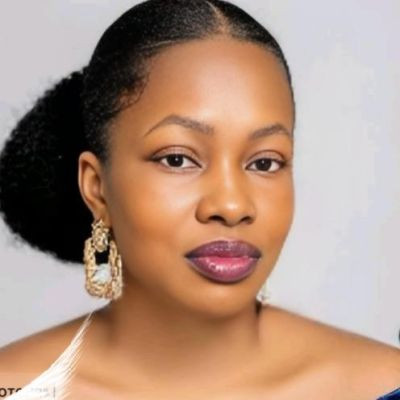Cameroon | Wikipedia audio article
This is an audio version of the Wikipedia Article:
Cameroon
Listening is a more natural way of learning, when compared to reading. Written language only began at around 3200 BC, but spoken language has existed long ago.
Learning by listening is a great way to:
- increases imagination and understanding
- improves your listening skills
- improves your own spoken accent
- learn while on the move
- reduce eye strain
Now learn the vast amount of general knowledge available on Wikipedia through audio (audio article). You could even learn subconsciously by playing the audio while you are sleeping! If you are planning to listen a lot, you could try using a bone conduction headphone, or a standard speaker instead of an earphone.
You can find other Wikipedia audio articles too at:
https://www.youtube.com/channe....l/UCuKfABj2eGyjH3ntP
You can upload your own Wikipedia articles through:
https://github.com/nodef/wikipedia-tts
"The only true wisdom is in knowing you know nothing."
- Socrates
SUMMARY
=======
Cameroon ( (listen); French: Cameroun), officially the Republic of Cameroon (French: République du Cameroun), is a country wedged in West and Central Africa. It is bordered by Nigeria to the west and north; Chad to the northeast; the Central African Republic to the east; and Equatorial Guinea, Gabon and the Republic of the Congo to the south. Cameroon's coastline lies on the Bight of Biafra, part of the Gulf of Guinea and the Atlantic Ocean. Although Cameroon is not an ECOWAS member state, it geographically and historically is in West Africa with the Southern Cameroons which now form her Northwest and Southwest Regions having a strong West African history. The country is sometimes identified as West African and other times as Central African due to its strategic position at the crossroads between West and Central Africa.
French and English are the official languages of Cameroon. The country is often referred to as "Africa in miniature" for its geological and cultural diversity. Natural features include beaches, deserts, mountains, rainforests, and savannas. The highest point at almost 4,100 metres (13,500 ft) is Mount Cameroon in the Southwest Region of the country, and the largest cities in population-terms are Douala on the Wouri river, its economic capital and main seaport, Yaoundé, its political capital, and Garoua. The country is well known for its native styles of music, particularly makossa and bikutsi, and for its successful national football team.
Early inhabitants of the territory included the Sao civilisation around Lake Chad and the Baka hunter-gatherers in the southeastern rainforest. Portuguese explorers reached the coast in the 15th century and named the area Rio dos Camarões (Shrimp River), which became Cameroon in English. Fulani soldiers founded the Adamawa Emirate in the north in the 19th century, and various ethnic groups of the west and northwest established powerful chiefdoms and fondoms. Cameroon became a German colony in 1884 known as Kamerun.
After World War I, the territory was divided between France and the United Kingdom as League of Nations mandates. The Union des Populations du Cameroun (UPC) political party advocated independence, but was outlawed by France in the 1950s, leading to the Cameroonian Independence War fought between French and UPC militant forces until early 1971. In 1960, the French-administered part of Cameroon became independent as the Republic of Cameroun under President Ahmadou Ahidjo. The southern part of British Cameroons federated with it in 1961 to form the Federal Republic of Cameroon. The federation was abandoned in 1972. The country was renamed the United Republic of Cameroon in 1972 and the Republic of Cameroon in 1984. Large numbers of Cameroonians live as subsistence farmers. Since 1982 Paul Biya has been President, governing with his Cameroon People's Democratic Movement party. The country has experienced tensions coming from the English-speaking territories. Politicians in the English-speaking regions have advocated for greater decentralisation and even complete separation or independence (as in the Southern Cameroons National Council) from Cameroon.

















![Makhadzi Entertainment - Ipase Moto (Malawi) [Official Audio] feat. DJ Call Me](https://i.ytimg.com/vi/yTQfWqzoJXg/maxresdefault.jpg)


